After intensive training, your body needs only one thing: to recover. This phase is absolutely essential! With time and proper nutrition, your body will be less vulnerable to injury and able to work harder. And yes, it' s after training that your body develops its performance !
Today we will give you 6 Nutrition Tips to optimize your recovery !
1. Eat some protein post-workout
First of all, it is important to understand that your body gets tired during exercise. Your bones, ligaments, muscles and tendons are put under considerable strain. In addition, your energy sources are drained.
Once your workout is over, your body will begin to restructure itself. To optimize its regeneration, it is important to try to eat protein within 30 minutes of the end of your workout.
Proteins are mostly structural. They are used by the body to build muscle fibers. Stimulation and muscular stress related to training lead to the synthesis of muscle cells. They therefore play an important role in the athlete's recovery and progression.

2. Eat some carbohydrates post-workout
There is a metabolic window that begins at the end of the workout and lasts from 48 to 72 hours. It is important to have a good carbohydrate intake with a ratio of 3-4g of carbohydrates to 1g of protein. This 3:1 or 4:1 ratio will provide the elements your body will use to begin recovery. Theenergy bars Näak 4:1 have been designed to meet this need.
After ingesting carbohydrates, your body will release insulin, a hormone that promotes anabolism (molecular synthesis) and therefore stimulates muscle growth.
Carbohydrates are our body's main source of energy. They are digested and transformed into glucose (with the exception of fiber). Glucose is the most accessible energy molecule for the muscles. It is found in muscle cells and liver as glycogen, and in the blood where its level is regulated by insulin. It is also the essential fuel for the brain and the central nervous system.
3. Eat an overall balanced diet
You probably know this, but having a complete and balanced diet after an effort is important to give your body energy.
Our advice, among the foods capable of compensating for nutritional and energy deficits, focus especially on those containing quick sugars, which are useful just after the effort, such as bananas, dried fruit, honey, cereals...
Fruits and vegetables eaten after exercise are a good way to rehydrate while providing fibers, vitamins (C, B9, ...), carbohydrates, minerals and antioxidants.
Legumes provide complex carbohydrates, fibers, proteins, minerals and vitamins. We find lentils, white beans, red beans, flageolets, chickpeas, split peas, beans that can be cooked in different ways.
Dried fruits are an excellent energy snack, their natural sugars are easily assimilated! In particular, they provide beneficial minerals for muscular activity.
Walnuts provide lipids including omega 3 and fibers. We recommend a small handful a day, mix or alternate with hazelnuts, almonds, pistachios ... by choosing them without added salt !

4. Avoid processed foods
We advise you to avoid processed foods. Generally too high in fat, sugar or salt, these products contain many additives (colorants, emulsifiers, preservatives, flavor enhancers, aromas ...). These additives appear on the list of ingredients, which it is better to avoid.
NutriNet-Santé proves that the growth in the number of cancers is linked to ultra-processed foods. Indeed, thisstudy shows that a 10% increase in the consumption of ultra-processed foods would increase the risk of overall cancer, such as breast cancer, by more than 10%.
Various reasons explain these worrying results, since the transformation process changes the quality of the product. Other studies show that in addition to an increased risk of cancer, ultra-processed foods may be responsible for the development ofdiabetes, obesity, high blood pressure andcardiovascular disease.
5. Don't forget to drink water and stay hydrated
During your physical exercises, you sweat to regulate your temperature and evacuate toxins. To compensate for this loss ofwater and electrolytes, it is necessary to hydrate before, during and after exercise.
Rehydration after training will also allow you to eliminate accumulated waste, compensate for the loss of minerals and promote the reconstitution of glycogen reserves.
Nevertheless, avoid drinking too much water too quickly to avoid bloating or vomiting.
6. Avoid alcohol and tobacco
Avoid drinking alcohol or smoking during your recovery!
First of all, alcohol slows down the regeneration process of your muscles, and with it, your chances of performing well during your next workout.
A study shows that alcohol consumption suppresses the anabolic response in muscles, impairs recovery and reduces your future performance. The participants, all sportsmen and women, performed intense exercises, after which they consumed either 500 ml of protein or alcohol co-ingested with protein, or a quantity of carbohydrates also with alcohol.
The analyses show that all participants who consumed alcohol showed a lower rate of protein synthesis than those who took the proteins, even if there was protein co-integration. Alcohol will then slow down the recovery process because your body will be busy eliminating it from the body.
Secondly, smoking reduces the body's ability to build muscle and accelerates the destruction of muscle fibers. This would partly explain why smokers are, on average, less muscular than non-smokers.
Subjecting the muscles to intense effort destroys the muscle fibers that rebuild themselves stronger and more voluminous. But, for this, muscles need amino acids, generally provided by proteins.
According tostudies, a smoker's body has a lower capacity to use these amino acids. This makes it more difficult to rebuild muscle fibers. Recovery is therefore poorer and muscle gain is reduced compared to a non-smoker.
This is not a mystery, so keep in mind that sports, alcohol and cigarettes are not a good combination.

Recovery is the key to successful performance. It is essential that you consider the efficiency of your recovery. Do you have good nutrition? Do you have enough rest days between workouts? Your well being is the best indicator for this.
The protein powderNäak Ultra Recovery™ is a classic in sports nutrition as it contains24g of protein and 4g of BCAAs per portion. BCAAs play an important role in recovery.
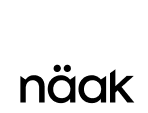

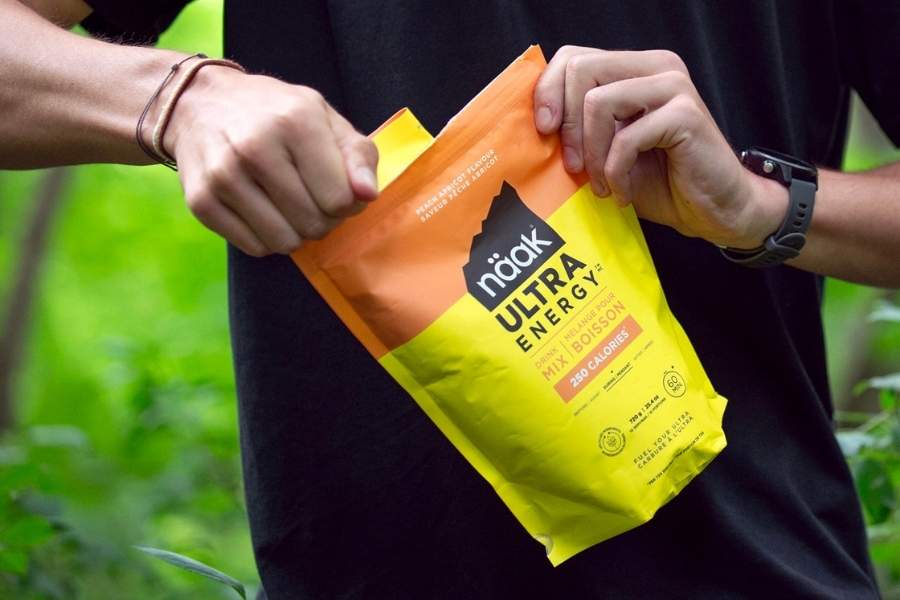
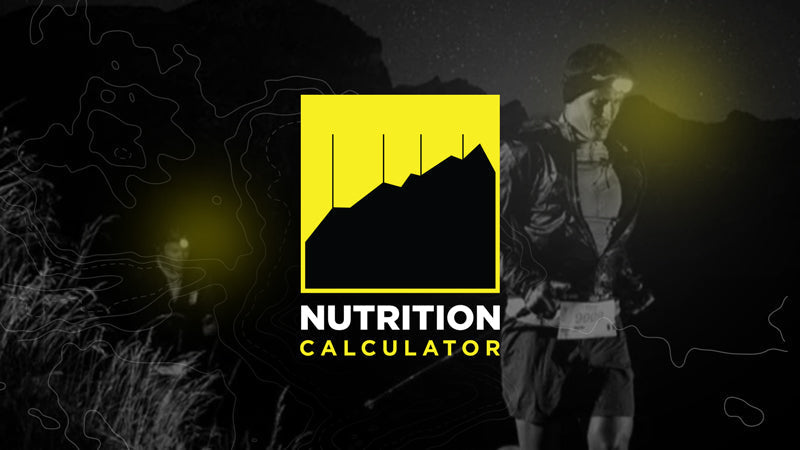




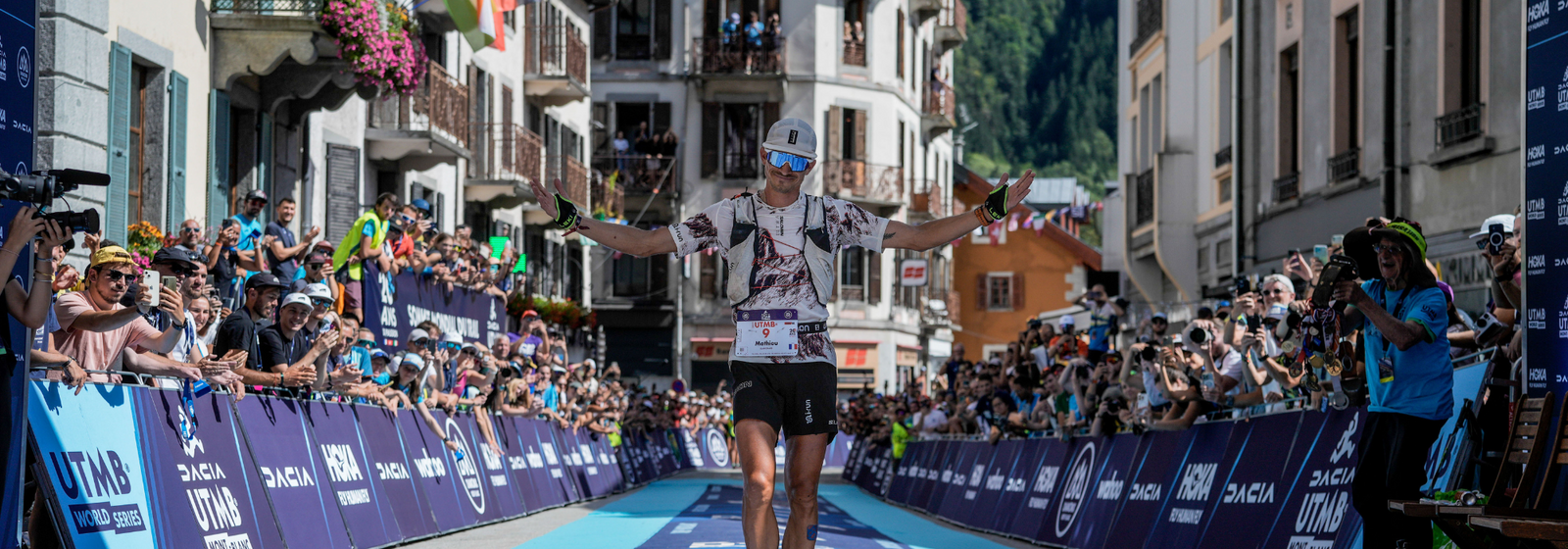




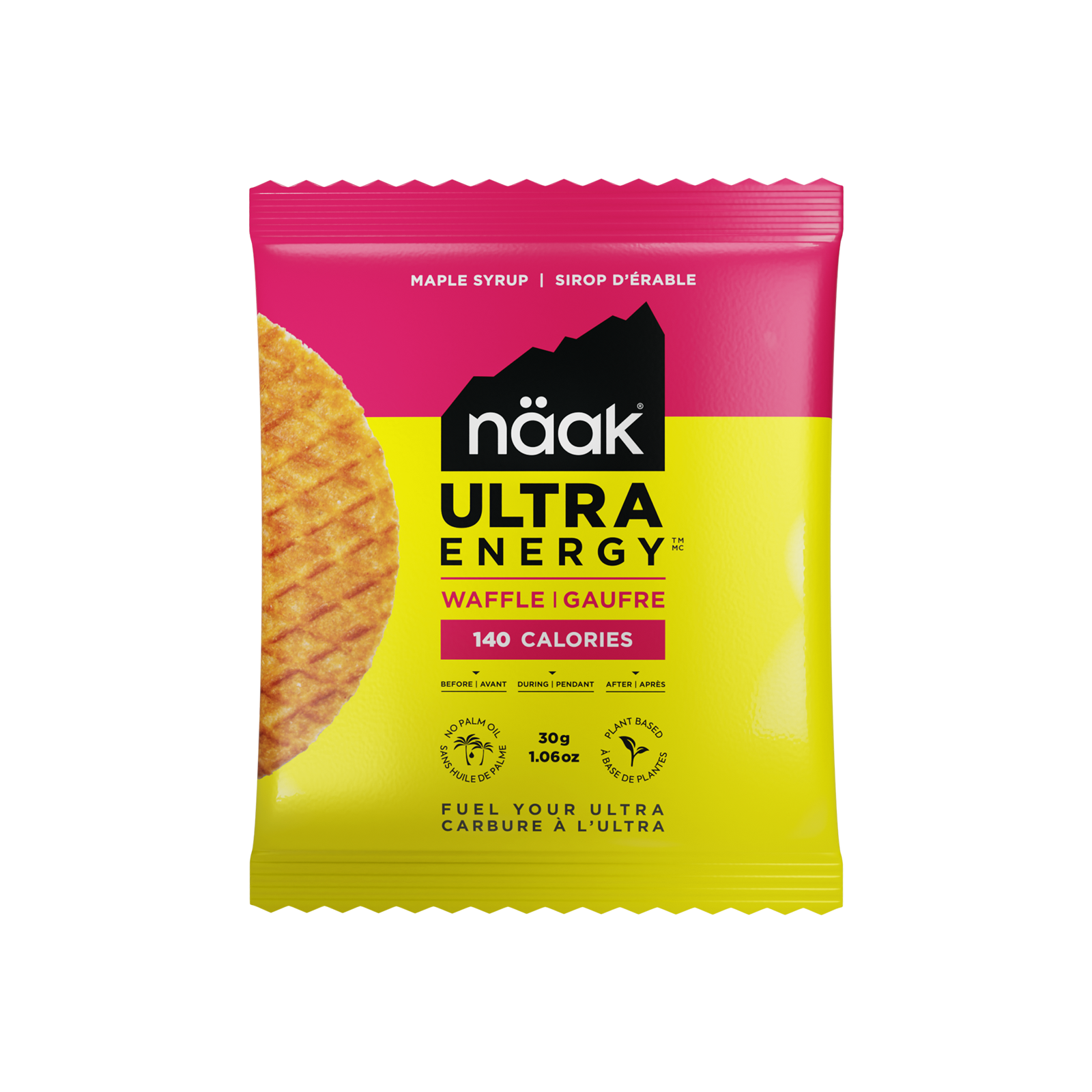
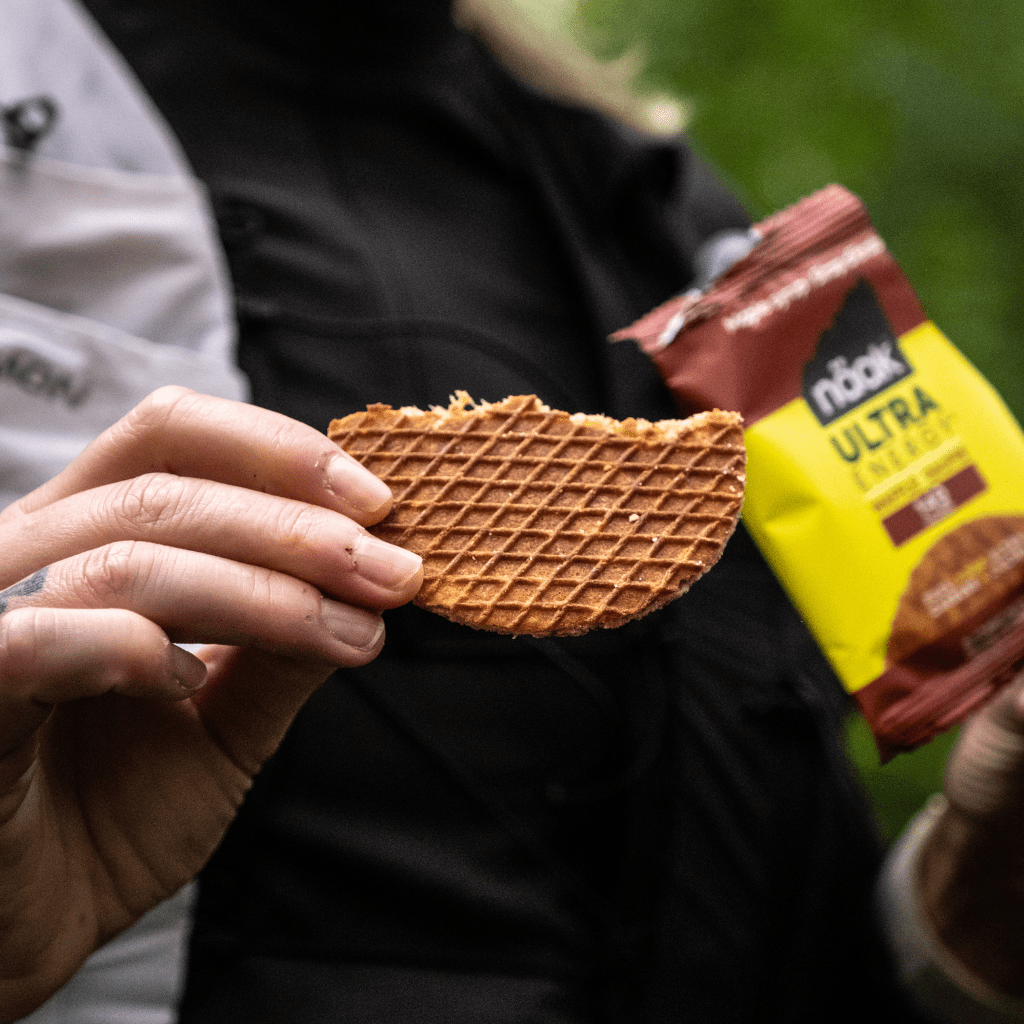
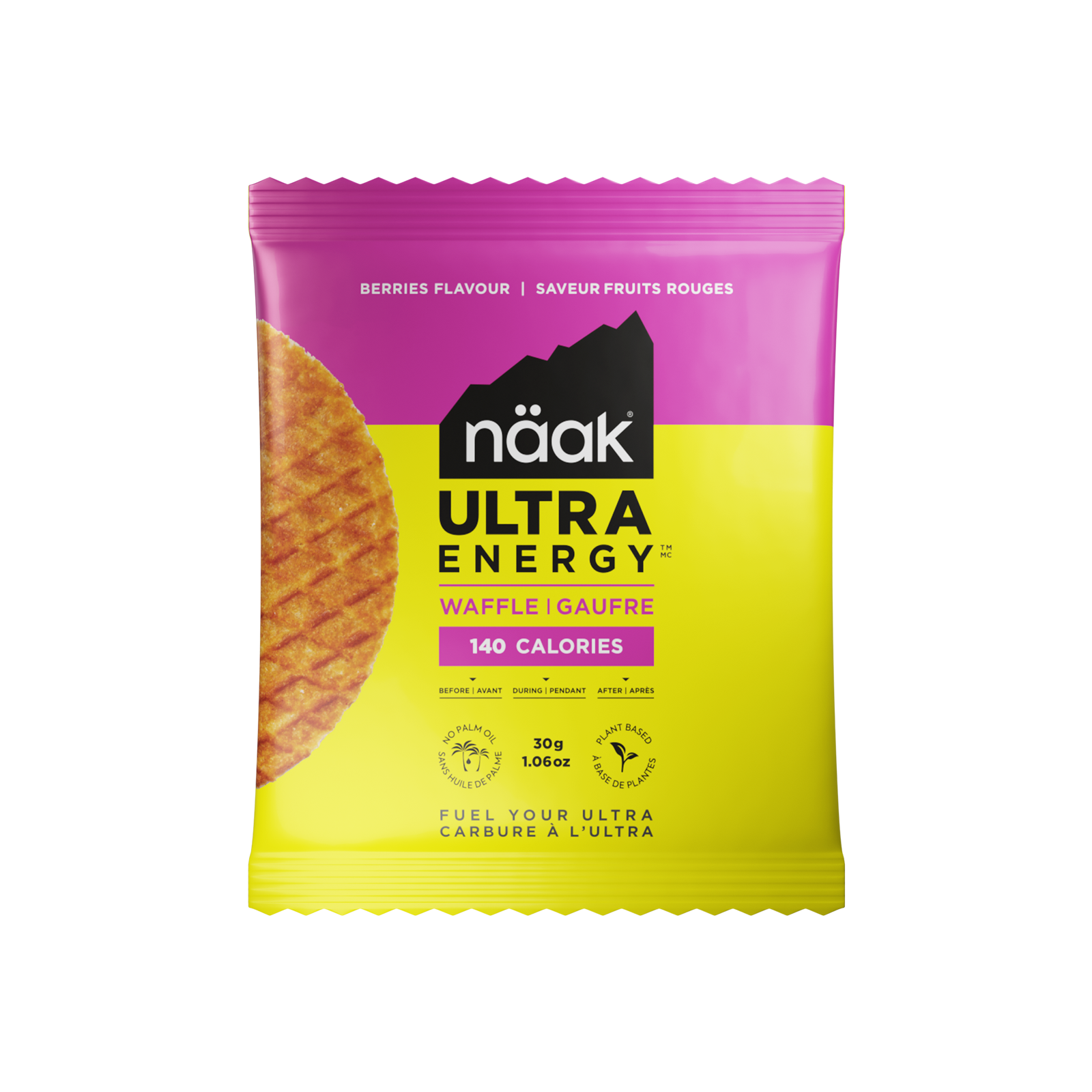


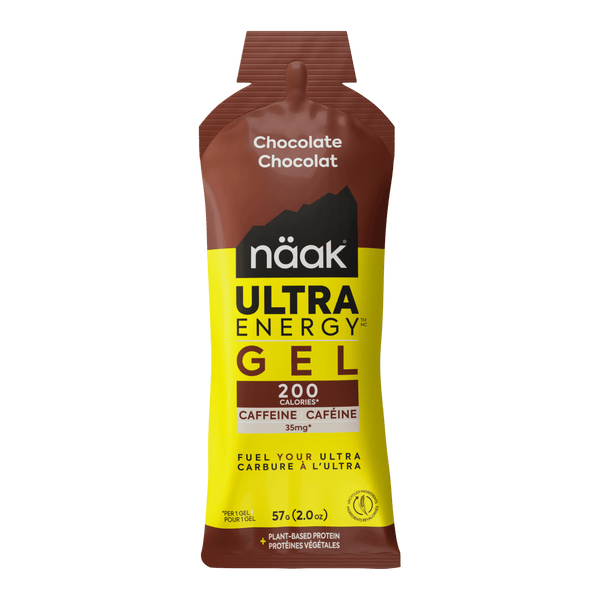
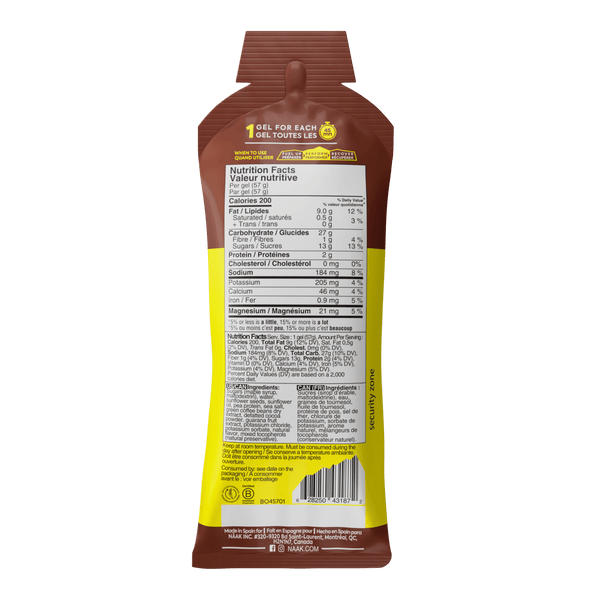
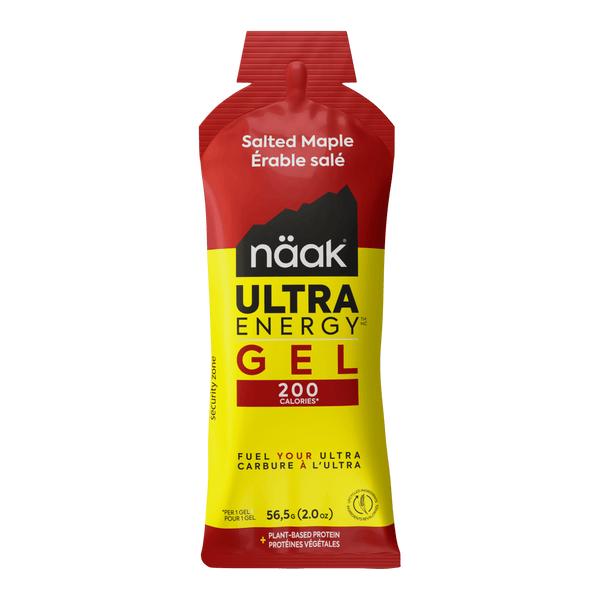
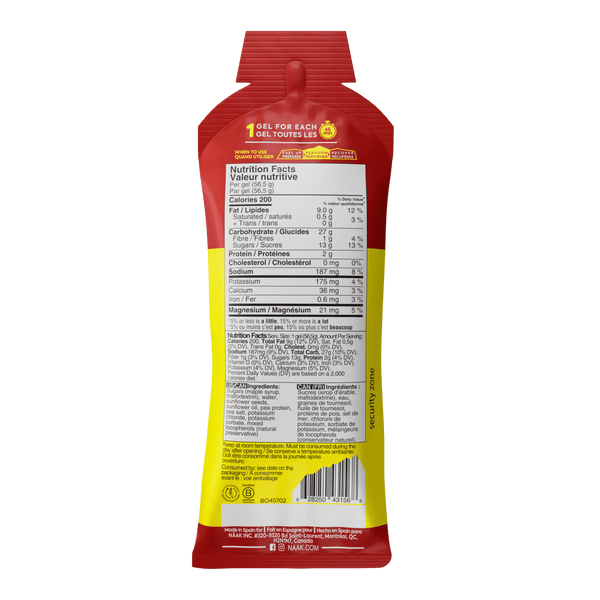
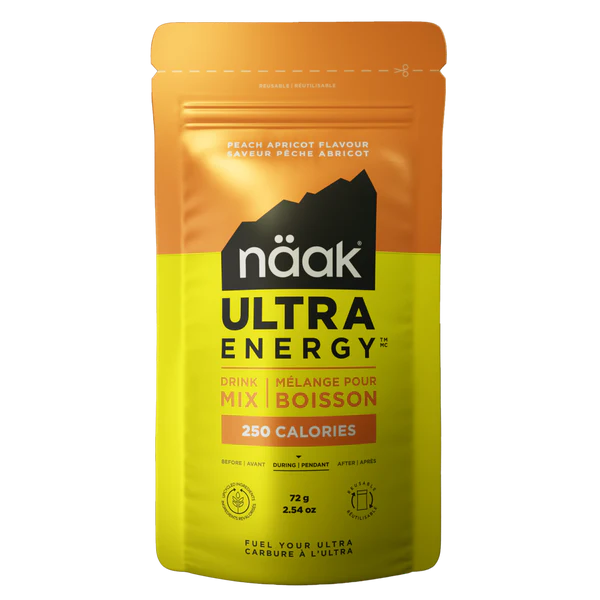
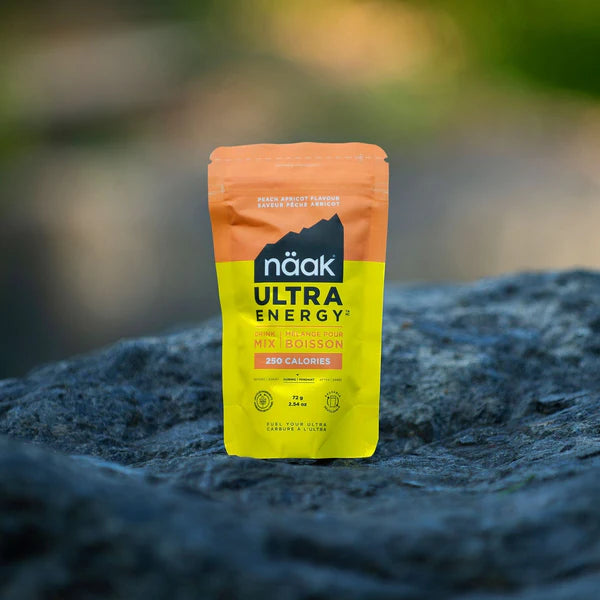


Leave a comment (all fields required)